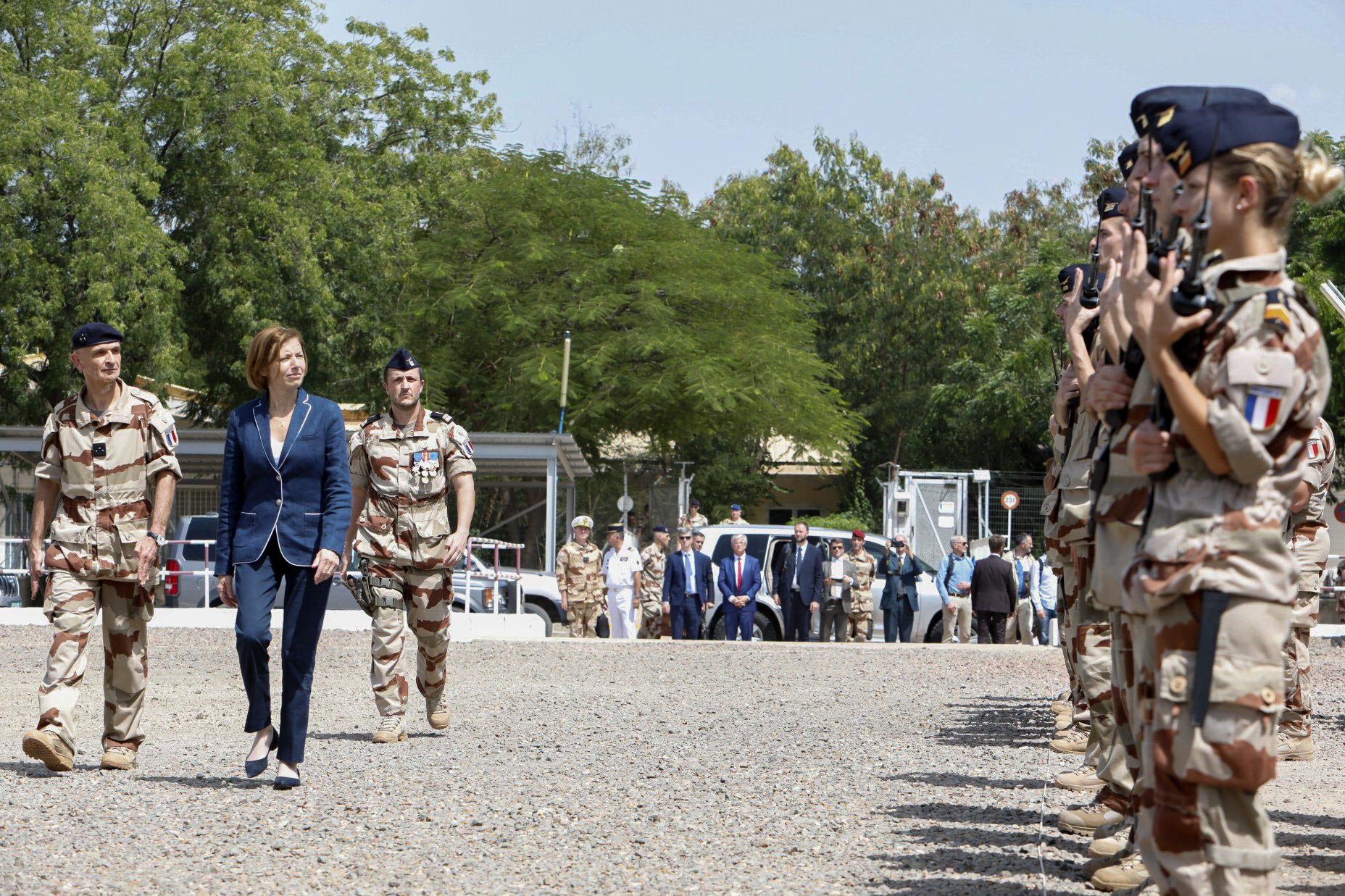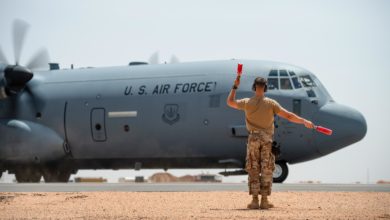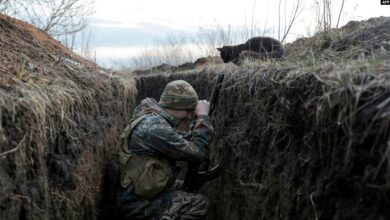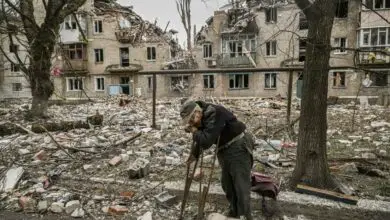The G5 Sahel joint counter-terrorism force is to launch three operations in coming weeks, France’s Minster for the Armed Forces Florence Parly said on Monday October 8.
On her arrival in N’Djamena for a two-day visit to Chad, Parly said the G5 Sahel Joint Force is still inadequately equipped but “the force is not inactive, far from it. It has conducted six operations since launch, and three are scheduled in the coming weeks.”
Parly said the force has planned operations “in each of the three zones” of operation.
The three zones of operation are the Mali-Mauritania border; the border region between Burkina Faso, Mali and Niger; and the Niger-Chad border.
On October 2, the new commander of the G5 Sahel joint force, Mauritanian General Hanena Ould Sidi said the force was planning operations that “will take place shortly” with a view to “neutralize terrorists.”
Funding problems hamper Sahel force
The G5 Sahel, comprised of Burkina Faso, Chad, Mali, Mauritania and Niger, was launched in 2014 to improve cooperation on development and security in West Africa.
The Joint Force initiative was spearheaded by France, leading to a United Nations Security Council resolution in June 2017 that called for international logistical, operational and financial support.
The G5 Sahel joint counter-terrorism force was launched a month later with a mandate to combat terrorism, transnational organized crime and human trafficking in the Sahel area.
It is set to expand to 5,000 troops, divided into seven battalions: two each from Mali and Niger, and one each from Chad, Burkina Faso and Mauritania.
The joint force will work alongside 4,500 French personnel deployed to Operation Barkhane, as well as peacekeepers deployed to the U.N. Minusma stabilization mission in Mali.
Hanena Ould Sidi will move the G5 Sahel Joint Force headquarters to Mali’s capital Bamako after a suicide bomb and gun attack destroyed the previous HQ in Sevare. The June 29 assault was reportedly claimed by an official from the Support Group for Islam and Muslims (JNIM), which is linked to al-Qaeda.
The European Union said in July that it would finance the construction of a new headquarters in Mali.
The G5 Sahel Joint Force has received €100 million in financial support from the E.U., although €400 million pledged at an international donors’ conference in Brussels on February 23 has been slow to materialize.
Speaking at the U.N. General Assembly on September 26, Mali’s President Ibrahim Boubacar Keita said the Joint Force was “struggling to become fully operational,” highlighting the lack of an adequate mandate and “especially appropriate funding.”
Keita again urged the Security Council to provide it with “adequate, timely and predictable funding.”
U.N. Secretary General Antonio Guterres has pledged to pursue support for the force, which was originally projected to be fully up and running in March. It is poorly-equipped, its deployment has faced delays and its first operation in November 2017 was beset by logistical problems.
Guterres, as well as France, have lobbied for regular U.N. funding, in addition to already agreed support from U.N.’s Minusma mission.
The Security Council in December authorized Minusma to provide assistance to the force in Mali, which can include medical and casualty evacuations, the provision of fuel, water and food, as well as assistance in the preparation of bases.
But on May 23, the United States said it opposed a Security Council mandate for the force as well as direct U.N. funding.
On October 2, Parly said that the United States will “very significantly” increase its contribution to the G5 Sahel Joint Force, during a joint press conference in Paris with U.S. Defense Secretary James Mattis.
The U.S. has pledged $60 million to the joint force in the form of bilateral aid for the individual countries.












